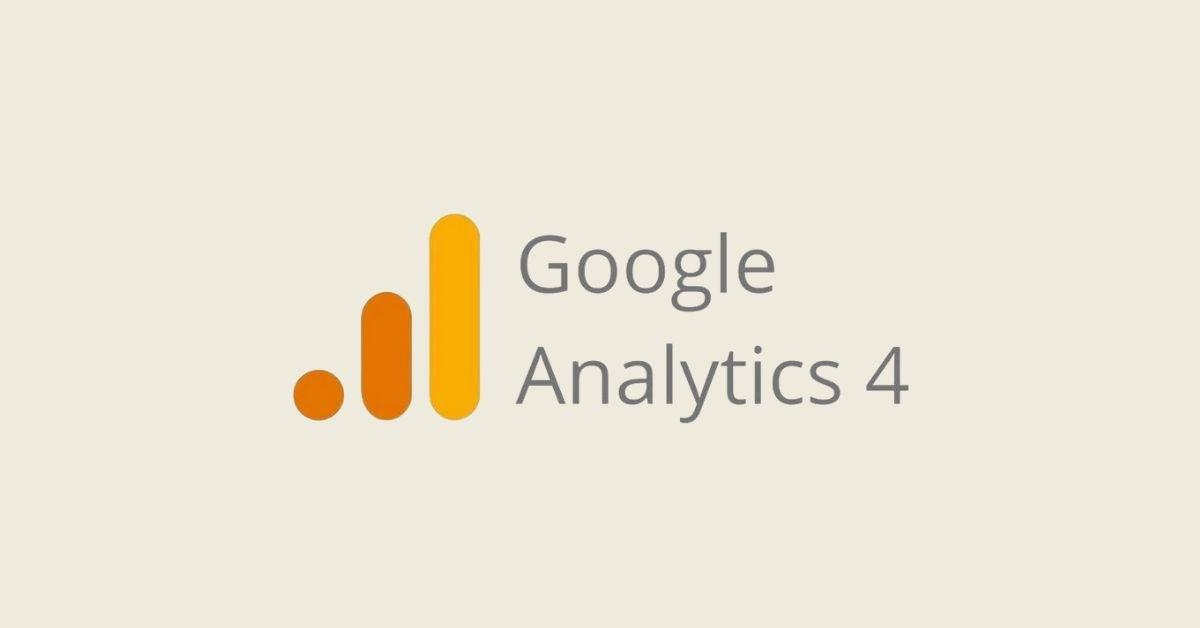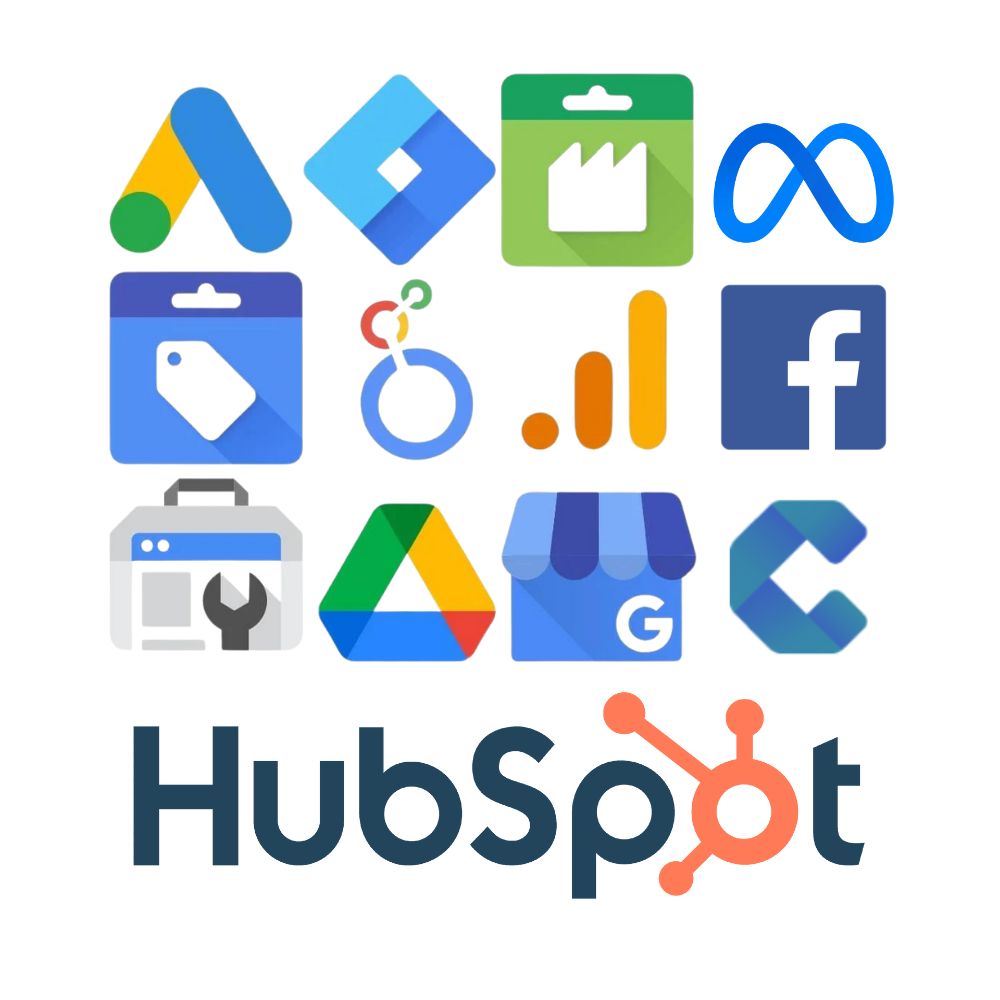Google Analytics is a free website data tracking service offered by Google. It allows website owners to track and analyze visits to their site, measure the effectiveness of their online marketing, and understand how users interact with their site.
To use Google Analytics, website owners must embed a tracking code on their site. This code sends data to Google Analytics every time a user accesses the site. Google Analytics collects this data and uses it to create reports that provide information about site visits, traffic sources, most popular pages, bounce rate, and more.
Website owners can use this information to understand how users interact with their site and to improve user experience. They can also use Google Analytics to target their audience with more effective online advertisements and to measure the effectiveness of their marketing campaigns. Google Analytics is a very popular and widely used tool by website owners of all sizes and industries.
Navigate Google Analytics
Here are the main sections of Google Analytics 4 (GA4):
Home: This section gives you an overview of your most recent data and key performance indicators.
Audience: This section allows you to learn more about your target audience, including their age, gender, location, and interests.
Acquisition: This section shows you how users arrive at your site, including traffic sources such as search engines , social media, and ad campaigns.
Behavior: This section shows you how users interact with your site, including which pages they view, how long they spend on each page, and the bounce rate.
Conversion: This section shows you how many users take a specific action on your site, like filling out a contact form or making a purchase.
Customization: This section allows you to create data segments to target specific groups of users and customize reports based on your marketing goals.
Configuration: This section allows you to configure GA4 settings, such as tracking events and conversion goals.
Help and Learning: This section provides you with help and resources to learn how to use GA4 and get the most out of this tool .
Transitioning to Google Analytics 4
Google Analytics 4 (GA4) is the latest version of Google Analytics, which was launched in October 2020. It replaces the older version of Google Analytics, now called Google Analytics Universal (GA Universal).
There are several key differences between GA4 and GA Universal:
Focus on machine learning: GA4 uses machine learning models to provide automated analytics and insights, while GA Universal focuses primarily on data collection.
Multiple device tracking: GA4 tracks user interactions across devices and platforms, while GA Universal only tracks web activities.
Real-time analysis: GA4 offers real-time analysis of data, while GA Universal only allows you to see data with a 24-48 hour lag.
Changed data structure: GA4 uses a new data structure that helps better understand user journeys and better track app events, while GA Universal uses a session-based data structure.
Different implementation: GA4 requires a different implementation than GA Universal and uses new tracking code. This means that users moving from GA Universal to GA4 will need to update their tracking code and relearn how to use the tool's interface.
In general, GA4 is designed to provide more advanced analytics and better understanding of user journeys across devices and platforms. However, it should be noted that GA4 is still in beta and is missing some features that are available in GA Universal.
Google Analytics 4 (GA4) is designed to provide advanced analytics and reporting to help website and app owners better understand user behavior and improve user experience. It uses machine learning models to provide automated insights and forecasts on industry trends, which can be particularly useful for website owners looking to make informed decisions about their marketing strategy .
Here are some examples of how GA4 can help with reporting:
Real-time analysis: GA4 offers real-time data analysis, allowing website owners to see the results of their marketing campaigns in real time and make decisions quickly.
Automated Insights: GA4 uses machine learning models to provide automated insights into industry trends and user journeys. This can help website owners identify new marketing opportunities and better target their audience.
Custom Data Segments: GA4 allows you to create custom data segments to target specific groups of users and personalize reports based on your marketing goals.
App event tracking: GA4 lets you track app events, such as app downloads, in-app purchases, and user activities, which can be especially useful for app owners. applications.
In general, GA4 is designed to provide more advanced analytics and better understanding of user journeys across devices and platforms. However, it should be noted that GA4 is still in beta and is missing some features that are available in the older version ofGoogle Analytics .
Examples of analysis types available in Google Analytics 4 (GA4):
Site Visit Analysis: This analysis allows you to see how many people visited your site, how long they spent there, and which pages were the most popular.
Traffic Source Analysis: This analysis allows you to see how users landed on your site, including search engines , social media, and ad campaigns.
User Behavior Analytics: style="font-weight: 400;"> This analytics allows you to see how users interact with your site, including which pages they view, how long they spend on each page, and the bounce rate.
Conversion Analysis: This analysis allows you to see how many users take a specific action on your site, such as filling out a contact form or making a purchase.
Device and platform analysis: This analysis allows you to see on which devices and platforms users are accessing your site and how they interact with it.
Location Analysis: This analysis allows you to see where users visiting your site are coming from, including their country, region, and city.
Audience Analytics: This analytics allows you to see demographic information about your audience, such as age, gender, and interests.
Steps to set up Google Analytics 4 (GA4) on your website:
- Create a Google Analytics account if you don't already have one. You can do this by going to the Google Analytics account creation page and following the on-screen instructions.
- Click "Add Property" in the left menu and select "App + Website" from the list of options.
- Enter the name of your app or website and select the corresponding platform type (app or website).
- Accept the Google Analytics Terms of Use and click "Continue".
- Follow the on-screen instructions to configure your property and view. Make sure you configure at least one view for your website .
- Copy the tracking code provided and embed it into your website by pasting it into your homepage HTML, just before the closing "</head>" tag.
- Wait a few hours for the data to start showing in Google Analytics.
! The GA4 setup wizard works automatically with gtag.js. If you're using a website builder like WordPress, Wix, Squarespace, etc., you'll need to add the Analytics tag yourself. !
It's important to note that setting up GA4 can be a little more complex than setting up the older version of Google Analytics, especially if you're using an app or want to track app events. If you're having trouble or have any questions, I suggest you check out the help and learning resources available in the Help & Learn section of GA4 or contact Google Analytics Support .
To conclude, an analytics tool is a valuable resource for improving your marketing strategy . It allows you to better understand user behavior on your website and make informed decisions to optimize your online presence. Google Analytics 4 (GA4) is the latest version of this tool, designed to deliver more advanced analytics and a better understanding of user journeys across devices and platforms. Thanks to its machine learning and application event tracking features, GA4 allows you to predict user behavior while respecting their privacy. Although the learning curve may be a bit steep at first, you'll soon discover that GA4's enhanced information and flexibility are worth it.
GOOGLE PARTNER MARKETING AGENCY

by establishing a precise strategic plan , allowing it to accelerate its development
and generate a return on investment
fast and measured.
Learn more about our Google Partner Agency certification here.

















